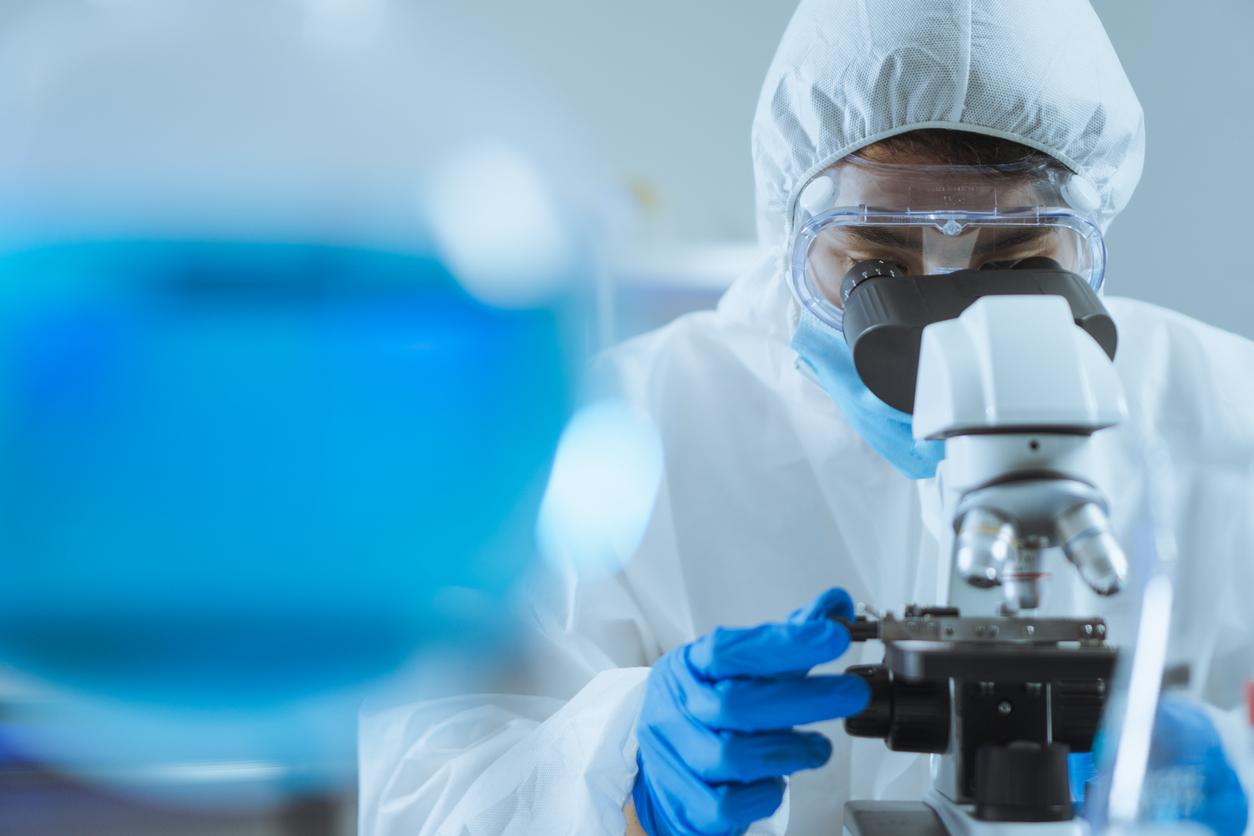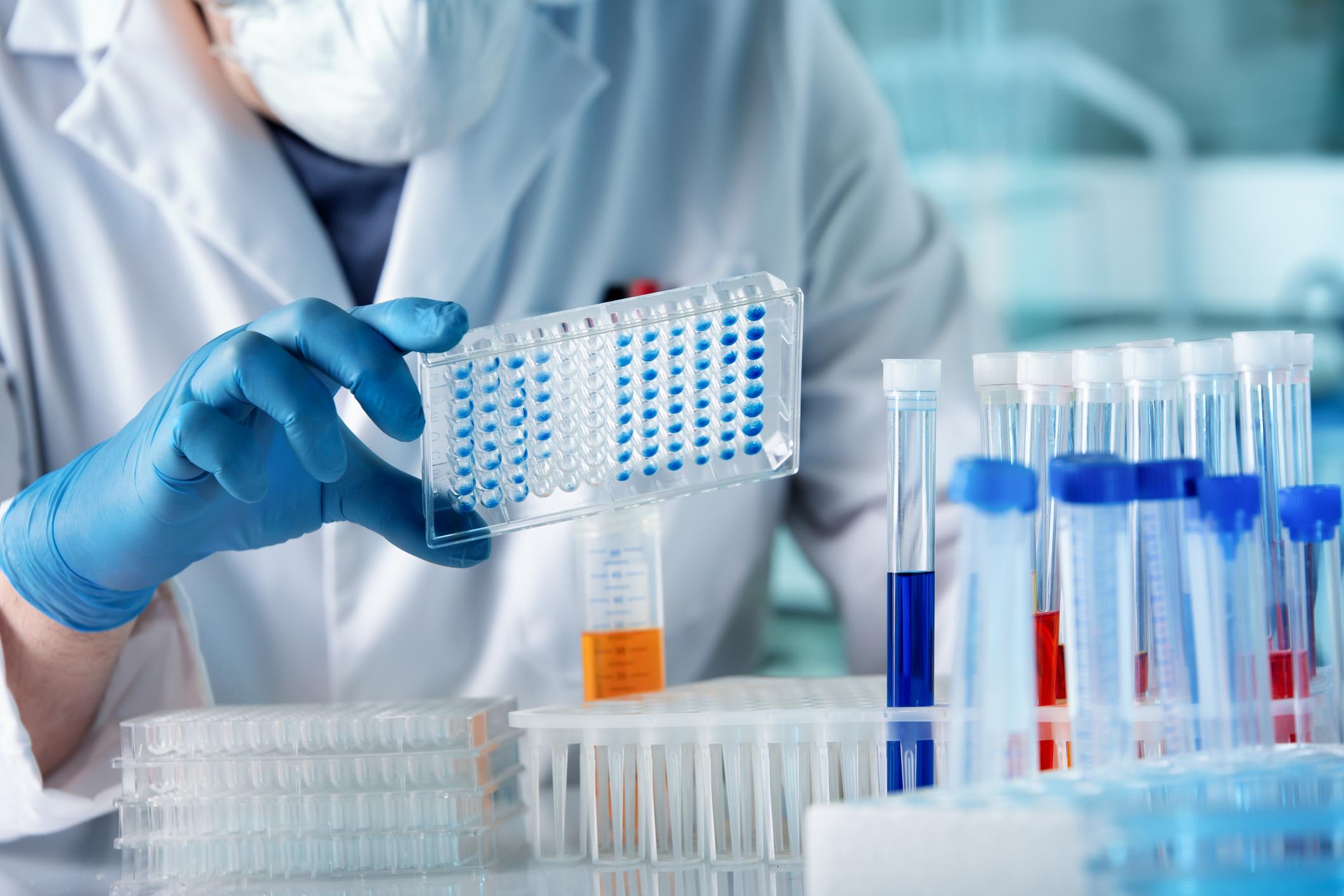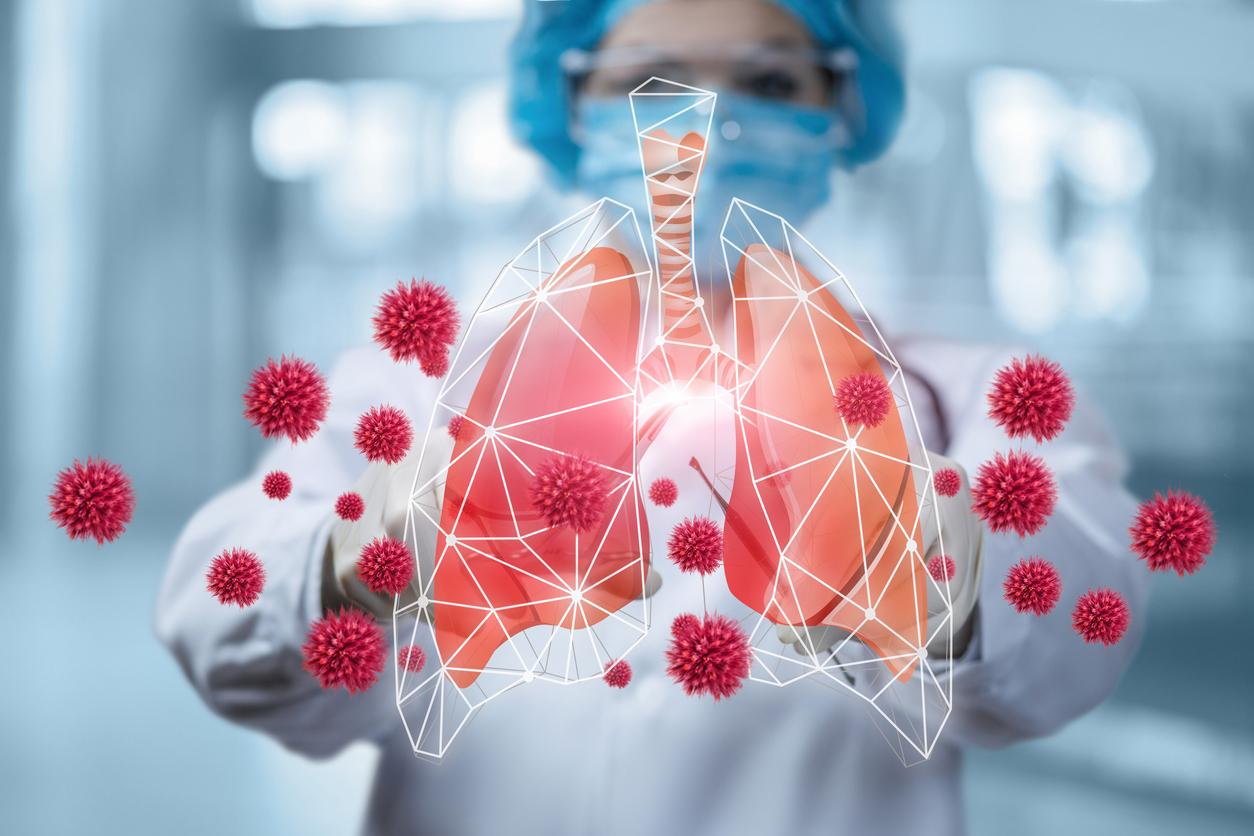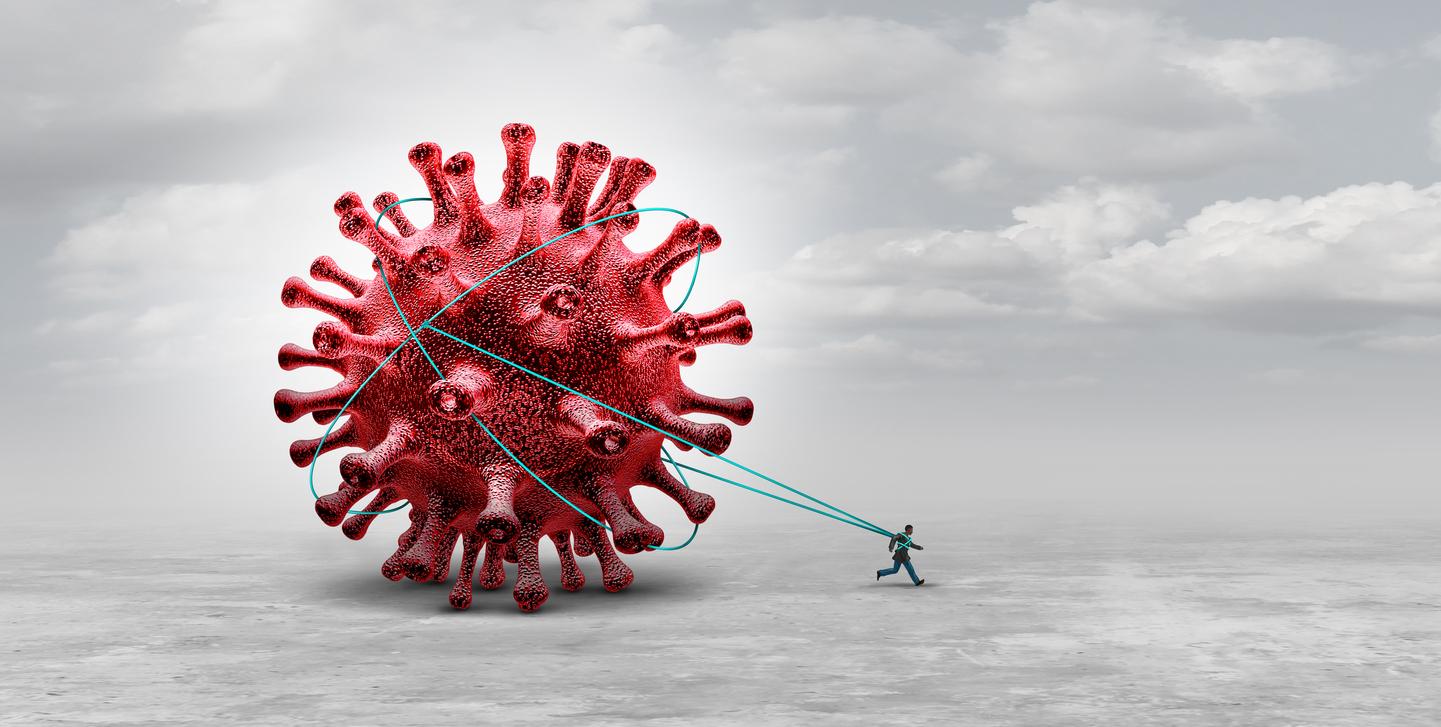According to a Chinese scientific study reported by AFP and published in the Journal of American Medical Association, the coronavirus could affect sperm. We knew that the Covid-19 could be in the brain, have cardiac, respiratory or even intestinal damage… But obviously, that was not all!
16% had their sperm tested positive
Beijing researchers have analyzed 38 men with coronavirus passed through Shangqiu hospital, located in the northeast of the country in Henan province. Among them, six patients had traces of Covid-19 in their semen. If the proportional sample is large: 16%, the scope of the study is limited because the number of subjects is very low.
Among these six men, two saw their sperm tested positive for coronavirus when they had passed the acute phase of the disease and were in remission. This observation will have to be reinforced by a larger study to determine if Covid-19 really contaminates sperm in certain cases. Obviously impossible to this stage to deduce a possible risk of sexual contamination.
What do we know about the modes of transmission of Covid-19?
The coronavirus is a respiratory pathology which is transmitted in 80% of cases by the hands via respiratory droplets expelled by the nose or by the mouth when coughing or sneezing. These droplets can then settle on objects or surfaces. You can then become infected with the virus by touching these soiled surfaces and then bringing your hands to your eyes, nose or mouth.
Traces of the virus have also been detected in urine and stool.
Read also:
- Who will be deconfined after May 11?
- Breast cancer and coronavirus: continue treatment, get tested
- Coronavirus and healthy carriers: contagious even without symptoms?
- Coronavirus: how long does a patient remain contagious?
- Can you catch the coronavirus twice?
- Coronavirus and blood group : what we know
- Has the coronavirus really been created in laboratory ?
- Coronavirus: the genetic trail
- Coronavirus: promising treatments
- Coronavirus vaccine: when will it be available?
- Dscreening: rapid PCR test, blood test… for whom?
- How to treat yourself at home
- How to make a homemade protective mask?

















